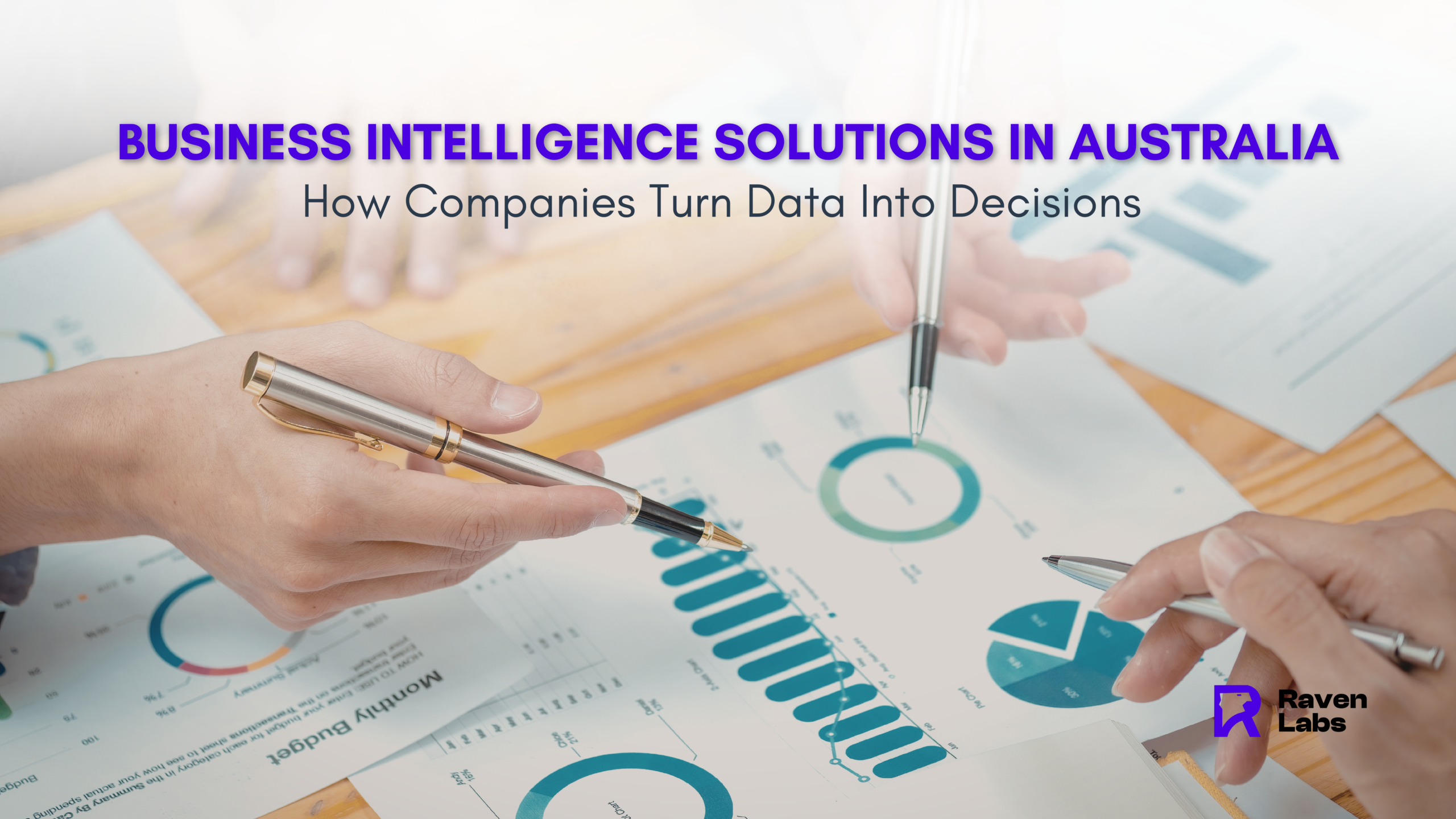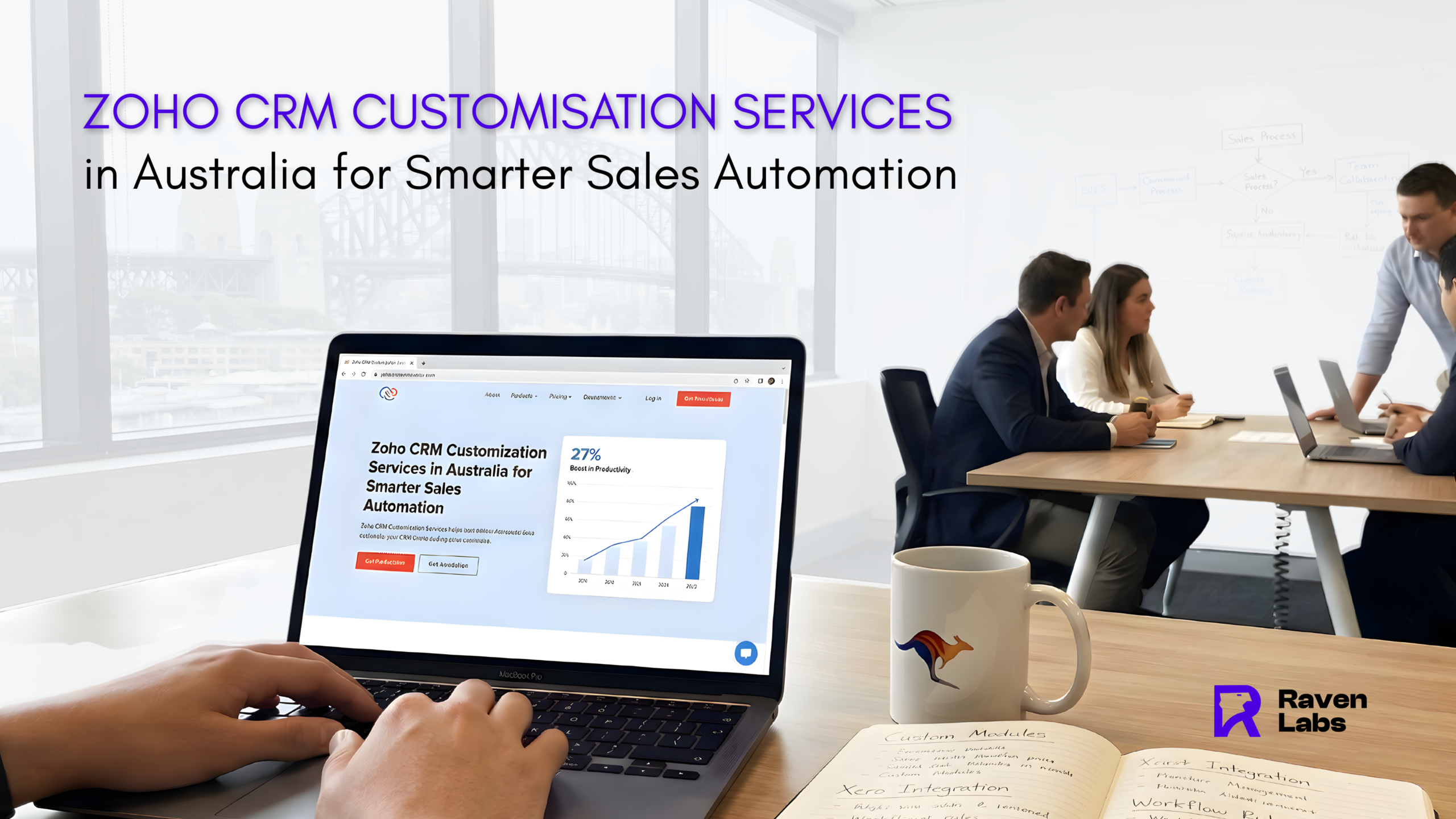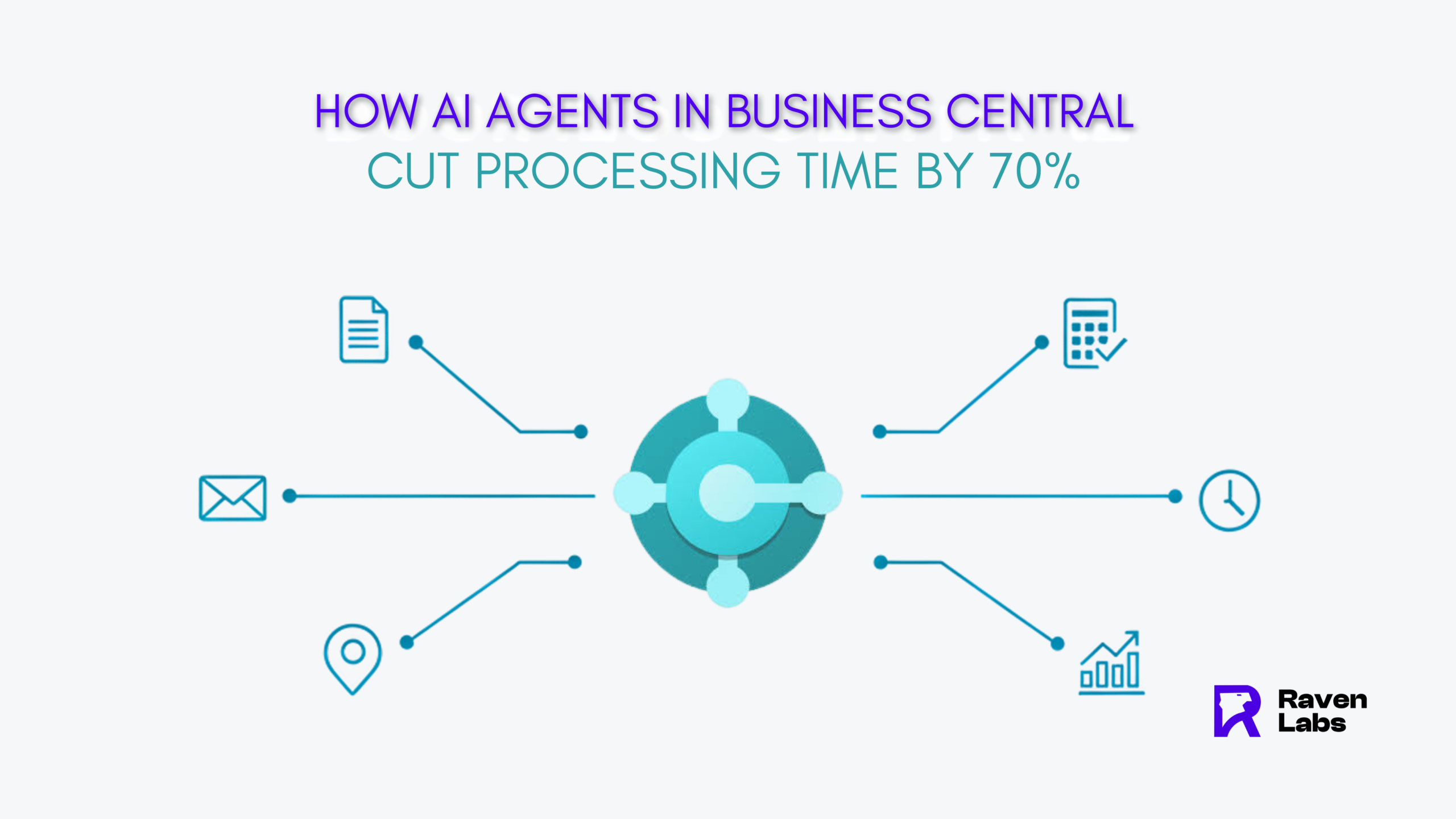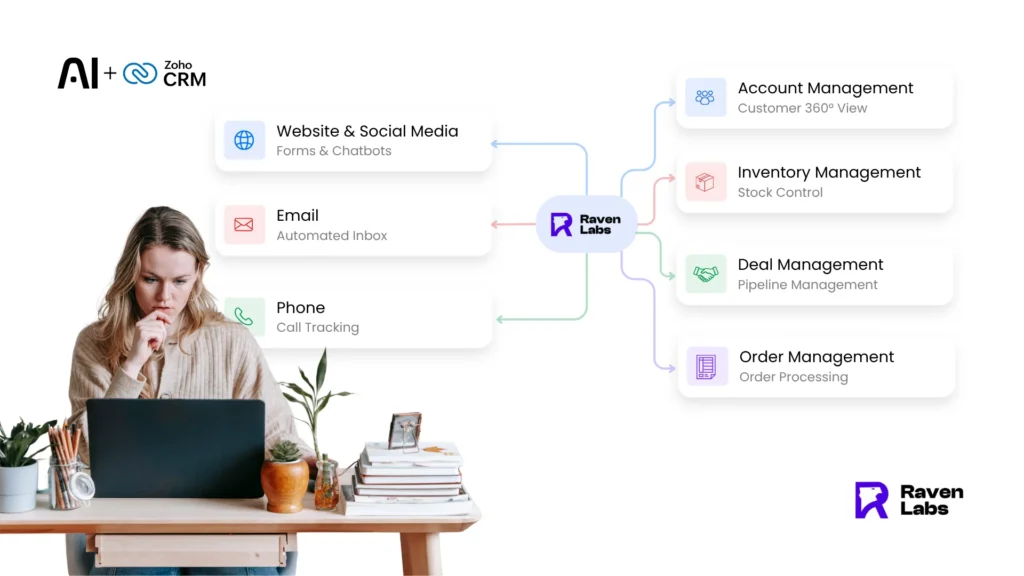
Sales representatives dedicate 60% of their time to non-sales activities such as data entry and administrative tasks, Salesforce research reveals. This eye-opening fact shows why AI in CRM has become crucial for businesses looking ahead. The changes we see now reach way beyond simple automation, transforming customer relationship management as we know it. As we explore the future of CRM, it’s clear that the synergy between AI and CRM is at the forefront of this revolution.
Artificial intelligence stands at the heart of CRM’s future. The global CRM market reached $52.4 billion in 2020 and grows 14.2% each year. AI-driven CRM systems are reshaping how companies build customer relationships. Companies that adopted sales automation early show 10-15% better efficiency and up to 10% higher sales. Organizations using predictive analytics in their sales processes also achieve 25% higher conversion rates on average.
In this piece, you’ll discover why AI CRM tools offer your biggest chance in 2025. We’ll delve into how combining AI and CRM creates individual-specific experiences while improving your profits. Your company might fall behind the 53% of businesses that already make use of AI CRM software if you stick to traditional CRM methods. The best AI CRM solutions are becoming essential for businesses aiming to stay competitive in the rapidly evolving market landscape.
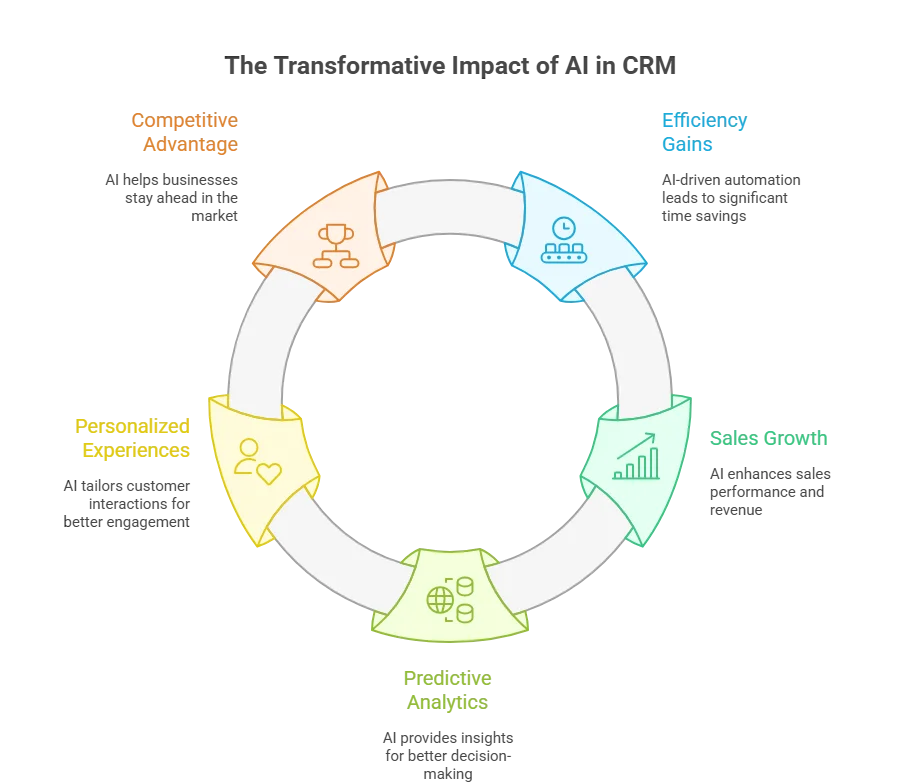
The Shift from Traditional CRM to AI-Driven CRM
Traditional CRM software started as basic databases for accounting teams. They grew to include features for marketing, sales teams, and customer support. The limitations of these systems became clear as businesses expanded and customers wanted more personalized experiences.
Why traditional CRM is no longer enough
The biggest problem with traditional CRM systems is they can’t handle the massive data generated in today’s digital world. Old CRMs mostly store past customer data with clunky, hard-to-use interfaces that frustrate users instead of helping them. These systems have several major problems:
- Data silos that block a complete view of customer interactions between departments
- Manual entry requirements that waste selling time and create wrong data
- Delayed insights because they can’t process data live
- Integration difficulties with modern tools and outside data sources
A SugarCRM survey revealed that 48% of sales leaders say their CRM systems fall short of their needs and give an outdated view of customers. Companies now look for smarter, more flexible AI CRM solutions that can keep up with what customers want and optimize the sales process.
How AI is redefining customer relationship management
AI-enabled CRM marks a move from simple data storage to active intelligence. Modern CRM AI analyzes, understands, and acts on customer data in ways that weren’t possible before, revolutionizing customer communication and sales team efficiency.
Machine learning and natural language processing help AI change how companies connect with customers. These systems process unstructured data from many sources and find hidden customer behavior patterns, enhancing customer journey mapping and marketing automation efforts.
The changes to workflow are huge. AI handles routine tasks like data entry and lead tracking at scale. Sales teams can focus on building relationships and closing deals. Companies using sales automation report 10-15% better efficiency and up to 10% more sales, significantly boosting sales productivity.
AI goes beyond storing data—it predicts customer behavior and automates time-consuming tasks. By looking at past data and customer actions, AI makes data analysis better, improves sales forecasts, and finds target audiences faster. This level of customer data analysis is transforming how businesses approach their sales pipeline and lead nurturing strategies.
The rise of AI-powered CRM platforms in 2025
AI integration in CRM has become standard practice by 2025. About 65% of companies now use CRMs with generative AI. Businesses using AI-driven CRM see 3-15% more revenue and spend 5-10% less, showcasing the power of AI-enabled CRM in enhancing both user experience and bottom-line results.
Leading platforms in this space include:
- Zoho CRM Zia
- IBM watsonx Assistant
- Salesforce Einstein GPT
- Microsoft Dynamics 365 Copilot
- HubSpot ChatSpot
- Freshworks Freddy AI
- ServiceNow CRM
- Pipedrive AI
These platforms stand out because they create useful meeting summaries, custom email templates, and route tickets automatically. ServiceNow has grown into the fastest-expanding workflow business, reaching $1.40 billion in annual contract value and growing 30% year-over-year by the end of 2024.
AI CRM software puts customer experience first and uses live data insights for personalized customer interactions. This approach helps businesses move from responding to problems to preventing them—something traditional CRMs can’t do. The integration of AI sales assistants is further enhancing the capabilities of these platforms, offering unprecedented support for sales teams.
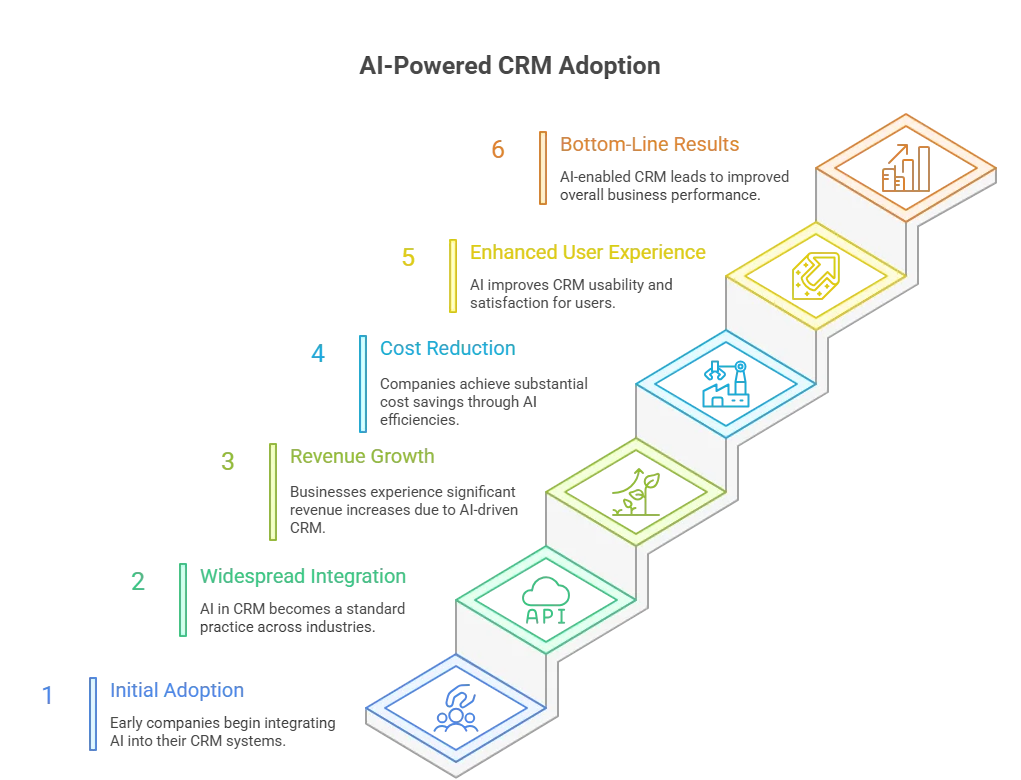
Key Benefits of AI in CRM You Might Be Missing
AI in CRM brings game-changing benefits beyond its simple features. Many businesses haven’t yet discovered its full potential. Let’s explore these advantages to see how AI can improve your customer relationships and business results.
1. Hyper-personalized customer experiences
Generic messaging doesn’t work anymore in today’s customer-focused economy. AI-powered hyper-personalization delivers custom experiences based on individual customer behavior and priorities. Simple personalization might just use a customer’s name. However, hyper-personalization looks at detailed data points like browsing behaviors, location, priorities, and factors such as weather or time of day.
The results are impressive. McKinsey reports show personalization can cut customer acquisition costs by up to 50%, grow revenues by 5-15%, and improve marketing ROI by 10-30%. About 71% of consumers expect companies to deliver personalized content. Another 67% feel frustrated when interactions don’t match their needs. This level of personalized customer interactions is becoming a key differentiator in the market.
2. Predictive analytic for smarter decisions
Your business can forecast future outcomes by analyzing historical data patterns with predictive analytics. This tool becomes powerful when integrated with your AI CRM. It helps understand customer behavior across sales, marketing, and service channels, enhancing lead qualification and retention strategies.
To name just one example, predictive models can spot which customers might leave or find cross-selling opportunities based on previous purchases. Your team can reach out to customers before they leave with this proactive approach. The numbers tell the story 86% of executives who used predictive marketing for at least two years saw better ROI, according to Forbes Insights.
3. Workflow automation that saves time
AI workflow automation cuts down time spent on routine tasks. Your employees can focus on strategic work that needs creativity and critical thinking when routine processes are automated. This automation extends to various aspects of CRM, including billing automation and pipeline management.
Worker performance improves by nearly 40% with AI workflow automation, whatever your business size. These systems make operations smoother across all locations while cutting costs through automated processing. They also reduce errors and improve data accuracy with built-in validation and learning features.
4. Real-time insights for better engagement
Raw data becomes actionable insights through detailed reports and analytics with AI. Your business can make smart decisions based on complete and accurate information, enhancing customer insights and overall customer communication.
AI-powered CRM systems watch customer interactions across channels through complex algorithms. They find buying signals and intent markers that humans might miss. AI spots patterns and unusual activities by analyzing these signals immediately, which leads to timely and relevant customer outreach.
5. AI-powered lead scoring and routing
AI-powered lead scoring stands out as one of the most effective yet underused features. This technology assesses leads based on their conversion potential by looking at historical data, behavior, and engagement levels.
Data-driven analysis removes human error in AI lead scoring, ensuring fair and accurate assessment. It looks at large datasets to find patterns in purchase history, engagement, and demographics to create a better picture of your ideal lead. The main goal? Growing revenue by finding the right leads more accurately.
Your sales team can focus on high-potential prospects and improve their sales processes significantly. AI-powered predictive lead scoring achieves up to 95% accuracy compared to older methods, significantly enhancing sales team efficiency and overall sales productivity.
AI in CRM helps your business work smarter, not harder. These capabilities create stronger customer relationships while improving your bottom line through enhanced sales process optimization and customer data analysis.
How AI Enhances Sales and Marketing Performance
CRM and AI together create a powerful combination that raises sales and marketing performance through informed decision making. Modern businesses need to direct increasingly complex customer experiences, and AI-driven CRM systems deliver precision that manual processes can’t match.
Smarter targeting and segmentation
AI-Driven reshapes how businesses identify and connect with prospects. Machine learning algorithms analyze huge amounts of customer data to create nuanced segments based on behaviors, priorities, and demographics. This precise targeting removes guesswork and replaces it with informed decisions that boost involvement.
AI excels at finding hidden patterns in customer data that traditional methods often miss. Companies that use AI-driven segmentation report 10-15% higher sales and 20-30% better customer engagement. AI goes beyond simple demographic sorting to enable dynamic, behavior-driven models that grow with customer interactions. These models keep marketing efforts relevant as customer priorities change.
Improved sales forecasting accuracy
AI’s biggest contribution to sales performance comes from its revolutionary approach to forecasting. AI-powered predictive models dramatically improve forecast precision by analyzing historical data, customer behavior, and market trends. The results speak for themselves – companies that use predictive analytics for sales forecasting see 10-20% fewer forecasting errors.
AI forecasting helps sales teams:
- Identify high-value opportunities and prioritize leads
- Predict customer churn before it happens
- Use resources more effectively based on informed decisions
Salesforce’s Einstein uses machine learning algorithms to analyze customer interactions and sales history. This analysis increases forecasting accuracy by up to 40%. Sales teams can now focus on promising prospects and generate more revenue.
Automated follow-ups and campaign optimization
Sales data shows that 80% of deals close between 5-12 follow-ups. AI’s automation of this process changes everything. AI-powered CRM systems create customized email sequences that trigger based on specific actions. These sequences nurture leads automatically, enhancing the overall lead nurturing process.
AI optimizes marketing campaigns through continuous performance analysis. The system finds which strategies work better and refines approaches based on success rates. Businesses achieve better outcomes and maximize their return on investment as a result, showcasing the power of AI in marketing automation.
AI-enabled CRM systems have become vital tools for forward-thinking sales and marketing teams that want a competitive edge in 2025. These systems are reshaping the sales pipeline and revolutionizing how businesses approach customer relationship management.
AI in Customer Support: Beyond Chatbots
AI in CRM has grown way beyond simple chatbots and redefined customer service. Studies show generative AI could automate 30% of work hours by 2030. Support teams can then focus on boosting revenues and spending quality time with customers, enhancing overall customer satisfaction.
Conversational AI and virtual assistants
Traditional chatbots have given way to more advanced conversational AI. These systems don’t just give pre-programmed answers—they process customer messages and respond naturally. Machine learning and natural language processing help these systems analyze data patterns to understand human communication.
The results speak for themselves: 78% of agents find it hard to balance speed and quality. Conversational AI helps them meet customer expectations 24/7. AI assistants write tailored responses based on trusted company knowledge and help agents resolve cases quickly. They also create summaries of outcomes so teams can learn from past interactions, which creates an ongoing improvement cycle.
Sentiment Analysis for proactive service
Sentiment analysis takes customer support to new heights by detecting customer feelings about your brand or service. AI and natural language processing examine customer interactions through support tickets, surveys, and product reviews to measure emotions and satisfaction.
This capability lets businesses:
- Understand customer expectations and produce applicable information
- Create experiences that match specific customer needs
- Spot customers who might leave before they do
Companies using real-time AI-powered sentiment analysis see up to 40% faster escalation management, 25% higher customer retention, and 15-20% better CSAT scores than those without it. This technology is becoming a crucial component of effective retention strategies.
Reducing support costs while improving customer satisfaction
AI-powered customer support cuts operational costs while enhancing service quality. Companies save on labor, operational hours, and scaling by using AI tools that can reduce labor costs by up to 90% through task automation.
Evidence shows AI helps customer support teams grow without adding more staff proportionally. The system filters complex queries and sends them to human agents. This maintains a smooth workflow and redirects human effort to crucial issues.
AI detects customer mood in real-time and routes support tickets to the most qualified agents. This quick matching of sentiment with expertise speeds up response times and improves service quality. The result is a system where automation and human insight work together naturally, significantly enhancing the overall user experience.

Challenges and Considerations Before You Implement AI
Businesses must plan their AI implementation in CRM systems carefully. The process involves more than just buying new AI CRM software. Several critical challenges can determine the success or failure of AI implementation.
Data quality and integration issues
Poor data quality creates a fundamental barrier to making AI work. Research shows 96% of companies don’t deal very well with data quality issues. These issues directly affect how accurate AI outputs are. AI models generate misleading results and flawed recommendations when data lacks accuracy.
Key data challenges include:
- Departments have fragmented datasets that block unified views
- Records with errors or missing information reduce AI reliability drastically
- Bias in data leads to unfair AI-driven decisions
- Dynamic environments need current information to guide AI models correctly
Legacy CRM systems often lack compatibility with modern AI capabilities. Multiple data sources create technical barriers that need sophisticated tools and strategies. Addressing these challenges is crucial for implementing effective AI-enabled CRM solutions.
Privacy and compliance concerns
AI privacy stands as a critical factor in today’s regulatory environment. AI systems gather huge amounts of sensitive information, so businesses must ensure proper Data protection measures. Companies need specific, lawful purposes for data collection under frameworks like GDPR.
Organizations should use reliable encryption, anonymization, and access-control systems to prevent data leaks. Data classification based on sensitivity levels helps apply appropriate protection methods for each category. Implementing robust security features is essential for maintaining trust and compliance in AI-driven CRM systems.
Training teams to work with AI tools
AI implementation fails without proper team preparation, even with flawless data and compliance. Research reveals only 4% of organizations have cross-functional teams dedicated to AI compliance.
Teams need proper training and should provide regular feedback to tackle AI adoption effectively. Detailed training helps employees understand AI systems’ role. They learn how AI enhances human expertise rather than replacing it. This training is crucial for maximizing the potential of AI sales assistants and other AI-powered tools within the CRM ecosystem.
Organizations can maximize their AI CRM investments and reduce risks by addressing these challenges systematically. The focus should be on creating a holistic approach that combines technology, data management, and human expertise.
Conclusion
AI-enabled CRM systems are becoming crucial as we approach 2025, marking a radical alteration rather than just another tech trend. Companies still using traditional CRM solutions are falling further behind those who already employ AI integration. Numbers tell the story – from 10-15% better efficiency to 25% higher conversion rates through predictive analytic
Data quality issues, compliance needs, and team readiness present challenges, but these hurdles are nowhere near as significant as doing nothing. Smart businesses should see AI and CRM as a must-have transformation that shapes their bottom-line results. The future of CRM is undeniably intertwined with artificial intelligence, and businesses need to adapt to stay competitive.
The difference between AI-driven CRM and traditional CRM goes way beyond simple automation. AI completely reshapes how businesses understand and respond to customer needs with customized solutions, predictive features, and smart workflow management. On top of that, AI CRM lets sales teams skip administrative tasks and build stronger customer relationships that generate revenue.
Companies that wait to welcome this technology risk falling behind rivals who use AI to create exceptional customer experiences. The focus now isn’t whether to add AI to your CRM strategy – it’s how fast you can make it happen. Each day without these tools means missing chances to learn about customers, optimize operations, and boost revenue.
When AI and CRM meet, they create something more powerful than either could achieve alone – a system that builds and grows customer relationships actively. Businesses must understand that AI in CRM isn’t just about keeping up with tech advances. It’s about securing your place in tomorrow’s AI-driven market. From enhancing the sales pipeline to revolutionizing customer communication, AI-enabled CRM is set to redefine how businesses interact with their customers and manage their operations.
Are you ready to future-proof your CRM? Discover how AI can transform your customer relationships. Connect with our experts today!
📞 Call us at: +61 432 913 392
📧 Email: info@ravenlabs.com.au
🌐 Visit: Raven Labs
